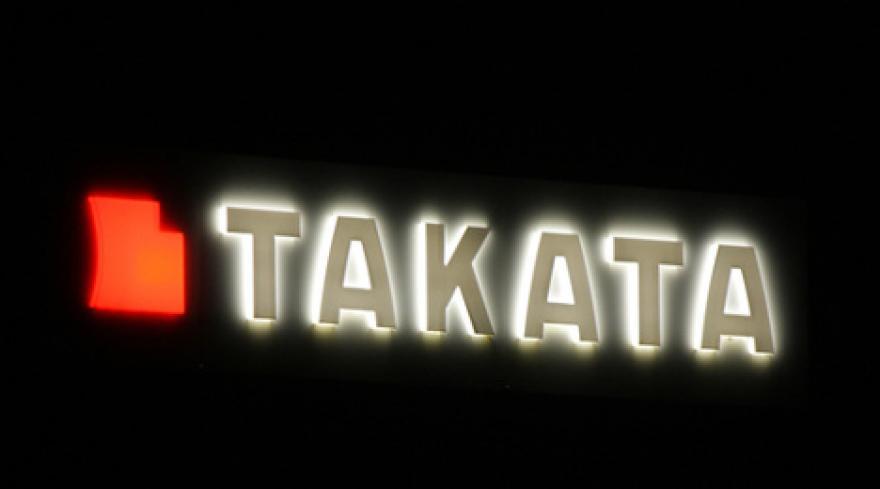Another 1.4M vehicles added to Takata airbag recall

Editorial credit: 360b / Shutterstock, Inc.
By subscribing, you agree to receive communications from Auto Remarketing and our partners in accordance with our Privacy Policy. We may share your information with select partners and sponsors who may contact you about their products and services. You may unsubscribe at any time.
WASHINGTON, D.C. –
A development that an expert on the topic discussed during Used Car Week 2019 arrived on Wednesday, involving older models that might be in your inventory or run sheet.
The National Highway Traffic Safety Administration said another 1.4 million vehicles are being added to the massive Takata airbag recall. A letter written by Joshua Neff, who is chief of the recall management division with NHTSA’s Office of Defects Investigations Enforcement indicated this batch of vehicles is from the 1995 through 2000 model years.
“Tens of millions of vehicles with Takata airbags are under recall. Long-term exposure to high heat and humidity can cause these airbags to explode when deployed. Such explosions have caused injuries and deaths,” NHSTA posted on its website.
“On Dec. 4, 2019, a separate group of 1.4 million vehicles was recalled because of defective Takata airbags. Unlike the airbag inflators in the larger Takata recalls, these vehicles contain Non-Azide Driver Inflators. The defect in the NADI inflators can result in the inflator either exploding or underinflating during deployment,” the regulator continued on its website.
“NHTSA urges vehicle owners to take a few simple steps to protect themselves and others from this very serious threat to safety,” NHTSA went on to say.
Jerry Cox, who is chairman and chief executive officer with Potomac Strategy Associates, appeared at Used Car Week and shared insights that could help auctions and dealerships that might be handling vehicles still impacted by these Takata recalls.
Subscribe to Auto Remarketing to stay informed and stay ahead.
By subscribing, you agree to receive communications from Auto Remarketing and our partners in accordance with our Privacy Policy. We may share your information with select partners and sponsors who may contact you about their products and services. You may unsubscribe at any time.
Cox also was a guest on the Auto Remarketing Podcast. That episode is available below.
In an email message to Auto Remarketing sent late on Wednesday, Cox elaborated on points made during his Used Car Week workshop and on the podcast.
"Today’s recall is for Takata inflators that were made with a strontium nitrate oxidizer — before 2000, when they adopted the super-cheap option of ammonium nitrate as the propellant. It has taken more than 20 years, but the chemical in the affected vehicles has crumbled. This creates more surface area for ignition, and that results in a powerful explosion that turns the inflator into a hand grenade," Cox said.
"The ammonium nitrate propellant in the more recently designed inflators will crumble even faster," he continued. "NHTSA pretended that a desiccant called Zeolite might slow that process when they recalled the first 42 million cars. The agency invited Takata (before it went bankrupt) to show that these desiccated inflators were safe for long-term use but NHTSA said it would force the recall of another 30 million cars if it didn’t receive such proof before December 31, 2019.
"To the best of my knowledge, nobody can argue with a straight face that Zeolite is a magic bullet," Cox went on to say. "If NHTSA is doing its job, it will bring the total number of vehicles under recall up to 70 million cars early next year. That will include millions of MY 2017 & 2018 cars and make life vastly more difficult and risky for dealers."


